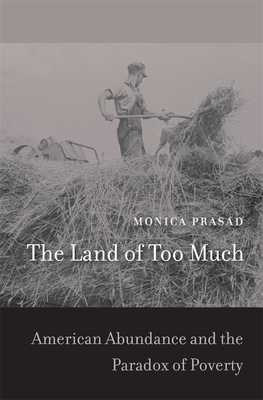Expedite your nonfiction book discovery process with Readara interviews, summaries and recommendations, Broaden your knowledge and gain insights from leading experts and scholars
In-depth, hour-long interviews with notable nonfiction authors, Gain new perspectives and ideas from the writer’s expertise and research, Valuable resource for readers and researchers
Optimize your book discovery process, Four-to eight-page summaries prepared by subject matter experts, Quickly review the book’s central messages and range of content
Books are handpicked covering a wide range of important categories and topics, Selected authors are subject experts, field professionals, or distinguished academics
Our editorial team includes books offering insights, unique views and researched-narratives in categories, Trade shows and book fairs, Book signings and in person author talks,Webinars and online events
Connect with editors and designers,Discover PR & marketing services providers, Source printers and related service providers

The Land of Too Much
Political Science > Comparative Politics
- Harvard University Press
- Hardcover
- 9780674066526
- 9.3 X 6.2 X 1.1 inches
- 1.5 pounds
- Political Science > Comparative Politics
- (Single Author) Asian American
- English
Readara.com
Book Description
The Land of Too Much presents a simple but powerful hypothesis that addresses three questions: Why does the United States have more poverty than any other developed country? Why did it experience an attack on state intervention starting in the 1980s, known today as the neoliberal revolution? And why did it recently suffer the greatest economic meltdown in seventy-five years?
Although the United States is often considered a liberal, laissez-faire state, Monica Prasad marshals convincing evidence to the contrary. Indeed, she argues that a strong tradition of government intervention undermined the development of a European-style welfare state. The demand-side theory of comparative political economy she develops here explains how and why this happened. Her argument begins in the late nineteenth century, when America's explosive economic growth overwhelmed world markets, causing price declines everywhere. While European countries adopted protectionist policies in response, in the United States lower prices spurred an agrarian movement that rearranged the political landscape. The federal government instituted progressive taxation and a series of strict financial regulations that ironically resulted in more freely available credit. As European countries developed growth models focused on investment and exports, the United States developed a growth model based on consumption.
These large-scale interventions led to economic growth that met citizen needs through private credit rather than through social welfare policies. Among the outcomes have been higher poverty, a backlash against taxation and regulation, and a housing bubble fueled by mortgage Keynesianism. This book will launch a thousand debates.
Author Bio
Monica Prasad's areas of interest are political sociology, economic sociology, and comparative historical sociology. She has written three award-winning books using comparative and historical methods to examine the political economy of the United States and Europe, including the history and divergent trajectories of welfare states, the rise of “neoliberalism,” and the origins of distinct patterns of economic growth in different countries and their consequences for redistribution.
Her scholarship has received the Fulbright award, the National Science Foundation Early Career Development Award, the Guggenheim Fellowship, and several other grants and awards.
Her new book, Problem-Solving Sociology, is forthcoming from Oxford University Press.
Education
- Ph.D. University of Chicago, 2000 (Sociology)
- M.A. University of Chicago, 1995 (Sociology)
- M.A. Johns Hopkins University, 1993 (Writing Seminars)
- B.A. Yale University, 1991 (English and Religious Studies), summa cum laude
Source: Northwestern University
Videos








Community reviews
No Community reviews

